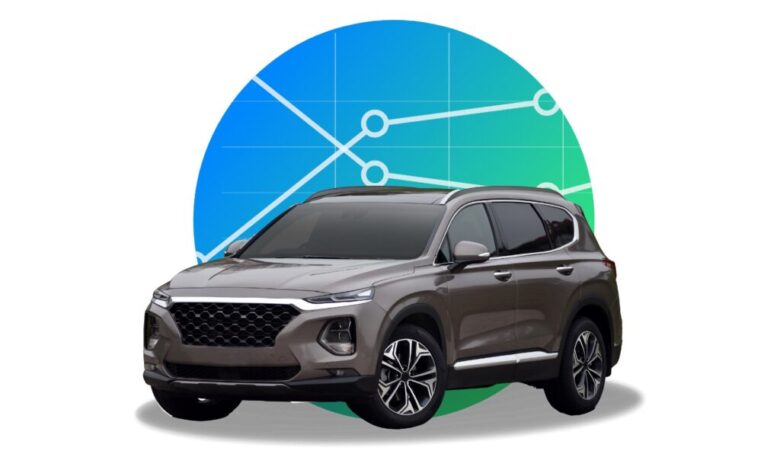Problems Plague BEVs Despite Fewer Parts And Systems Than ICE Vehicles

The J.D. Power 2024 US Initial Quality Study (IQS) shows battery electric vehicles (BEVs) and plug-in hybrid electric vehicles (PHEVs) require more repairs than ICE-powered vehicles in all repair categories. According to J.D. Power, the finding contradicts the view that BEVs should be less problematic and require fewer repairs than ICE-powered vehicles since they have fewer parts and systems.
“Owners of cutting-edge, tech-filled BEVs and PHEVs are experiencing problems that are of a severity level high enough for them to take their new vehicle into the dealership at a rate three times higher than that of gas-powered vehicle owners,” said Frank Hanley, Senior Director of Auto Benchmarking at J.D. Power.
Petrol- and diesel-powered vehicles averaged 180 problems per 100 vehicles (PP100), while BEVs are 86 points higher at 266 PP100. While there are no notable improvements in BEV quality this year, the gap between Tesla’s BEV quality and that of traditional OEMs’ BEV quality closed, with both at 266 PP100. Tesla previously performed better, while the removal of traditional feature controls such as turn signals and wiper stalks was not well received by Tesla customers.
The study also found that premium brands, which often include more complicated systems that can place additional reliance on connectivity, averaged 232 PP100.
“It is not surprising that the introduction of new technology has challenged manufacturers to maintain vehicle quality,” said Hanley. “However, the industry can take solace in the fact that some problem areas such as voice recognition and parking cameras are seen as less problematic now than they were a year ago.”
Other key findings of the 2024 study include:
- Frustration with warnings – J.D. Power said that owners often don’t understand what warnings mean. For instance, rear seat reminder technology, designed to help vehicle owners avoid inadvertently leaving a child or pet in the rear seat when exiting the vehicle, contributes 1.7 PP100 across the industry. Some mistakenly perceive that it signals an unbuckled seat belt or insist that the warning goes off when no one is present in the rear seat. Additionally, advanced driver-assistance systems are irritating vehicle owners with inaccurate and annoying alerts from rear cross traffic warning and reverse automatic emergency braking features.
- Problems with Android Auto and Apple CarPlay persist as the feature remains one of the top 10 problems. Customers most frequently experience difficulties connecting to their vehicle or losing connection. More than 50 per cent of Apple users and 42 per cent of Samsung users access their respective feature every time they drive, illustrating that customers want their smartphone experience brought into the vehicle and also desire the feature to be integrated wirelessly.
- Features, controls and displays is the second most problematic category in the study, slightly better than only the infotainment category. From simple functions like windscreen wipers and rearview mirror to the more intricate operation of an OEM smartphone application, J.D. Power said this category is particularly troublesome in EVs, with PP100 incidence more than 30 per cent higher in EVs than in ICE-powered vehicles. This is exacerbated by Tesla’s recent switch to steering wheel mounted buttons for horn and turn signal functions, a change not well received by owners.
- Unpleasant interior smell is an increasingly prevalent problem. J.D. Power said the issue has worsened the most from 2023, with every brand except Kia and Nissan having an increase in unpleasant interior smell problems. Owners report that problem odours emanate from their vehicle’s heating, ventilating and air conditioning systems.






